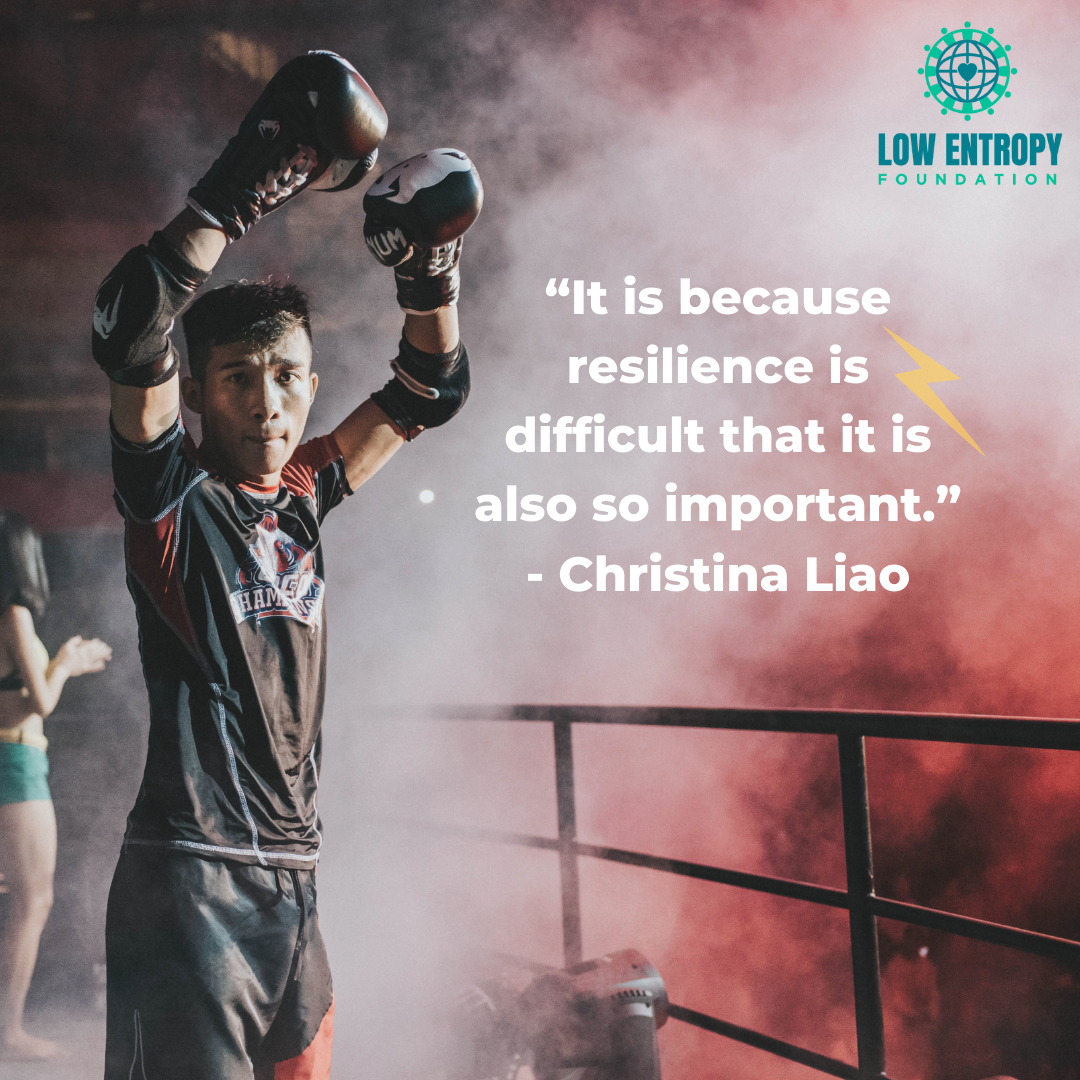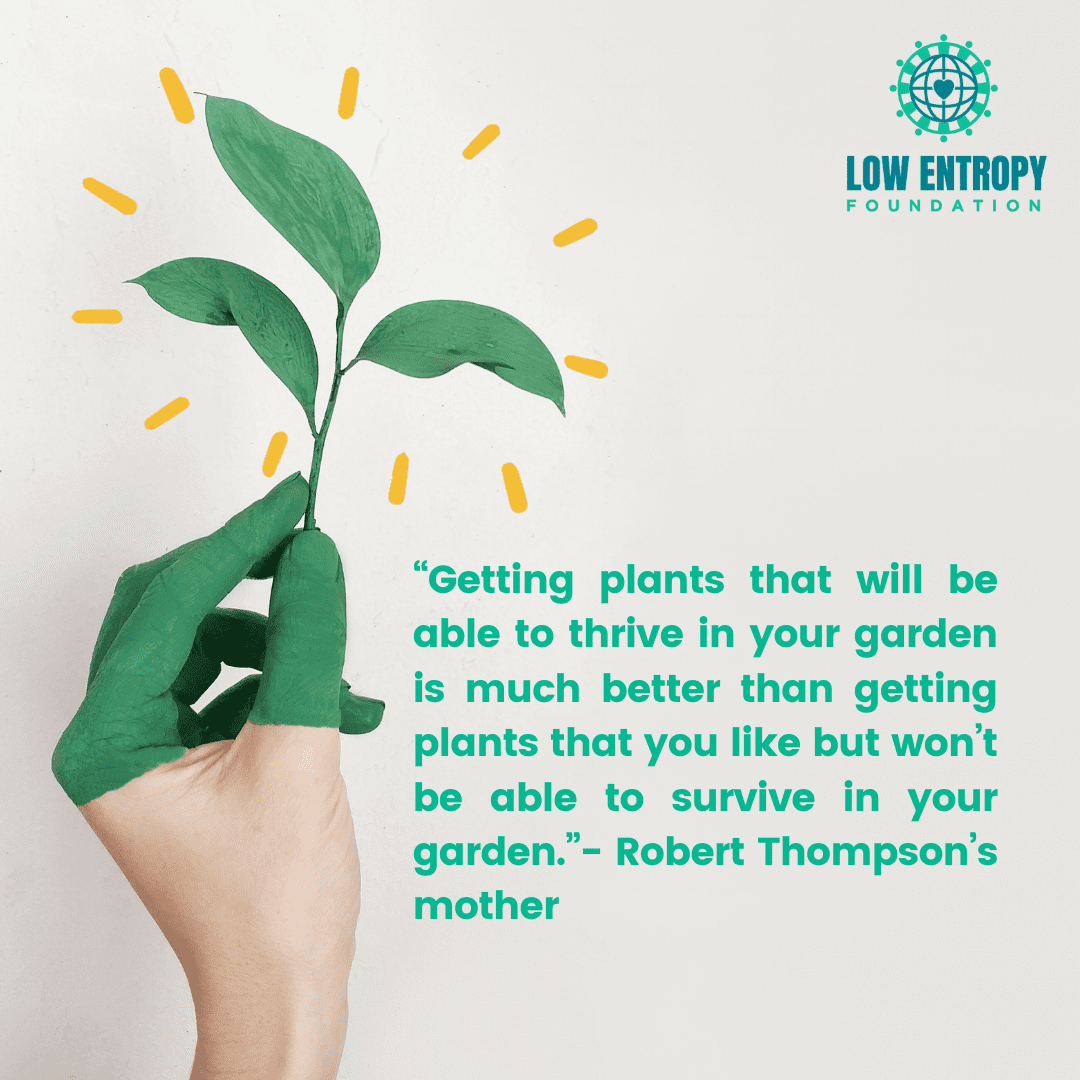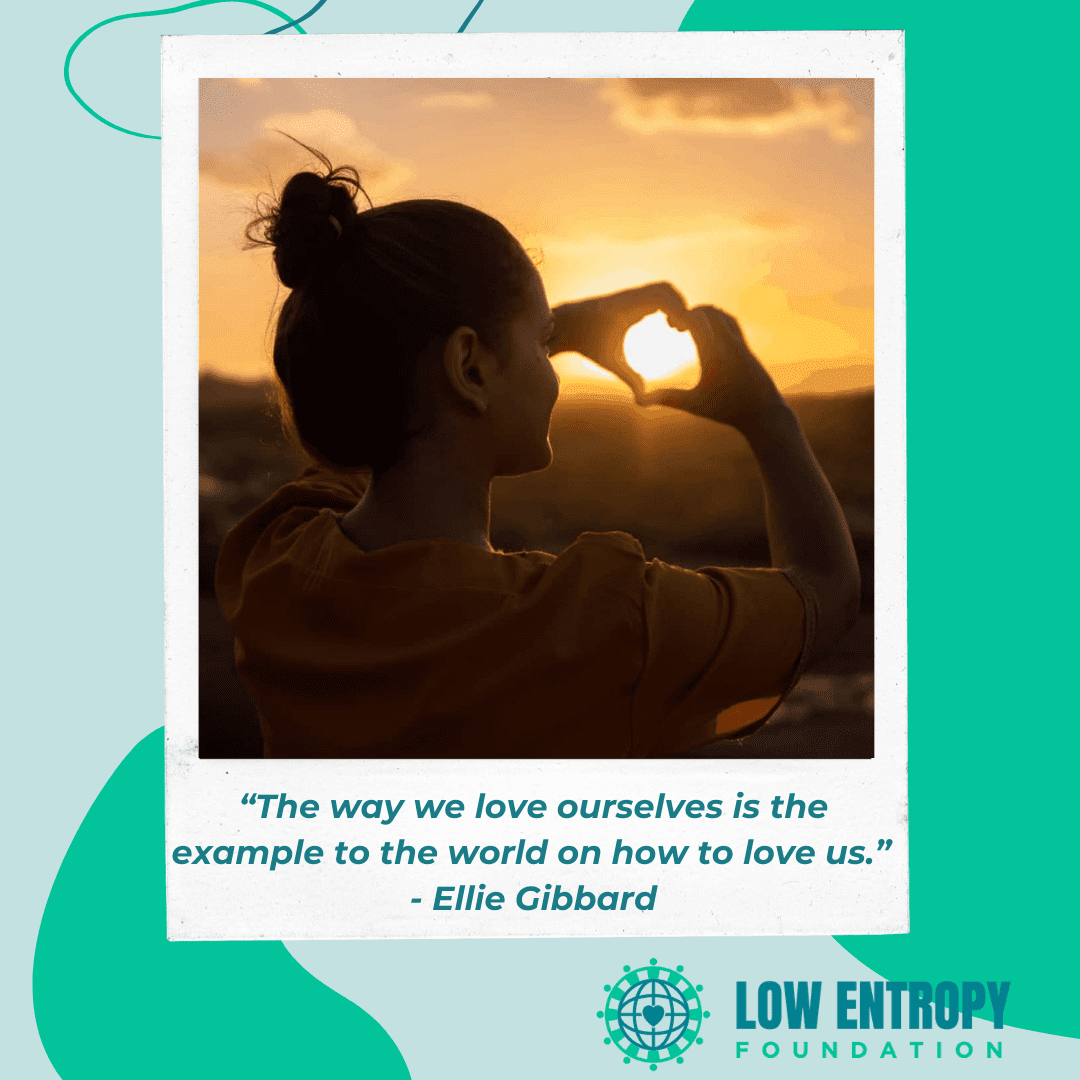Does the simple act of growing plants also help you to grow as a person? Low Entropy Volunteer Writer Robert Thompson was curious to find out, so he chatted with two family members about gardening and how their experiences might have affected their personal development.
What does gardening mean to you? That’s an interesting question because of the wide variety of answers it could produce. To some, gardening is a pleasant hobby, while to others, it is something more – a passion, or even a vocation – but to most people, it is somewhere in between. I decided to ask a couple of my family members what their thoughts were on gardening. My mother is somewhat new to gardening, while my grandmother has many years of experience, so I thought it would be interesting to see the similarities and differences between the answers they give.
Firstly, I wanted to get a clear picture of just how much experience each of my family members had with gardening.
My grandmother has been gardening since she was just a young kid, which means she has some 40-50 years of experience! Originally, she focused on flower and landscape gardening, but in recent years she has also been having fun with growing her own vegetables. I do not know how her skills have developed over the years, but she seems to be something of an expert now.
On the other hand, my mother is much more green (unlike the plants she grows). Historically, she has not had quite as much success making plants grow as my grandmother has, but she continues to put in an admirable effort, which is starting to pay off. She started gardening about five years ago in an effort to make the backyard look better. Since then, she has also started to grow a lot of potted plants.
I noticed that, although they had different reasons for getting into gardening in the first place, they actually enjoyed it for largely the same reasons.
Both of them talked about how gardening gives them a great sense of peace. This sense of peace is apparently derived from two main factors. First is the fact that gardening allows one to immerse oneself in nature, which has been proven to have a soothing effect on almost everyone. They also both mentioned that gardening allows them to take their minds off of other problems. Being able to forget about all the stresses of one’s life and focus entirely on caring for plants sounds quite therapeutic indeed. I suspect part of the reason people have such an easy time doing so is because of the aforementioned connection to nature. Gardens tend to not have very many of the objects that you might associate with stress, such as computers or paperwork, while your own house almost certainly has these items in places where they can easily be seen and remind you of work, taxes or whatever else might be getting in the way of your peace of mind.
In addition to being an excellent stress-reliever, it appears that gardening can help with personal growth, as well. My mother and grandmother talked about what they have learned from their time gardening, and, despite their large differences in experience, their answers were incredibly similar.
One of the most obvious attributes you can learn from gardening is patience. Plants do not grow overnight, but instead have to be gently coaxed for weeks, months, or even years at a time. My mother can be an impatient person sometimes, and I have noticed that she occasionally becomes frustrated by the apparent lack of progress that is being made in her garden. I initially hypothesized that this trait might be one of the primary reasons she has not been as successful a gardener as my grandmother, rather than the fact that she does not have as much experience. After thinking about it some more, however, it seems to be that, to a certain extent, one of those things is a product of the other, rather than them being mutually exclusive.
Another attribute that my mother and grandmother both talked about was perseverance. From what I had seen, gardening came very easily and naturally to my grandmother, but she contradicted my expectations by talking about gardening as a process of trial and error. While I hadn’t expected her to be able to magically do everything perfectly, I was somewhat surprised by the amount of mistakes that she made. But rather than focusing on the quantity of mistakes that were made, I think it is more helpful to see what caused those mistakes and what was done to avoid repeating them. One mistake that my grandmother tended to make was putting plants in places they would not be able to survive (for example, planting something that needs a lot of sun in a shady area). As it happens, this is the very same thing that my mother talked about when I asked her to talk about one of her own failures. I suppose there aren’t too many ways that you can mess up while gardening, so I wasn’t particularly surprised by this. Anyway, the aspect to focus on is not the mistake that was made, but rather what happened next. Both of my family members had the determination to try again after making a mistake: again, and again, and again. Just like wild weeds become incredibly resilient, we too can become resistant to failure. Gardening is an excellent activity to help cultivate that resilience because, as mentioned before, it is generally a low-stress activity. This means that you won’t feel as overwhelmed or scared of making mistakes as you might while doing something like playing a sport where you could feel pressure from teammates or opponents.
My mother mentioned one other point which I found to be interesting. She talked about how she spent a lot of time trying to grow flowers because she likes how they look, but unfortunately it was nearly impossible to do so given the climate of her yard. She tried for a long time, but was unable to keep them from dying. Eventually, she came to realize something which I took careful note of because I found it to be applicable to much more than just gardening. “Getting plants that will be able to thrive in your garden is much better than getting plants that you like but won’t be able to survive in your garden,” she says. This is really quite profound because it uses gardening as an analogy to explain a very important concept. Sometimes, we have to sacrifice things that we like because they won’t fit into the bigger picture. For example, someone might really enjoy candy, but that person will have to choose to not eat candy every day because being healthy is more important. By looking at the grand scheme of things, sacrifices like those will always be beneficial to you in the end.
Gardening can be hard work, so I think it’s important to mention that it can be very rewarding as well. Of course, there is the fact that, by working so hard to make your garden thrive, you are creating a private paradise for yourself to relax in. Additionally, it’s possible that the fruits of your effort might literally be fruits (or vegetables)! Finally, there is the sense of pride you get from seeing your garden: whether you feel proud to show it off to friends and family, or you simply enjoy it for its own sake. You won’t see any progress overnight, but when comparing photos taken over the months or years, it will be apparent and gratifying to see how far you’ve come.
What have you learned from your garden? And for those of you who don’t garden, are you interested in starting? Let us know why (or why not) in the comments below, or mention your favourite vegetable at a Low Entropy meeting!









